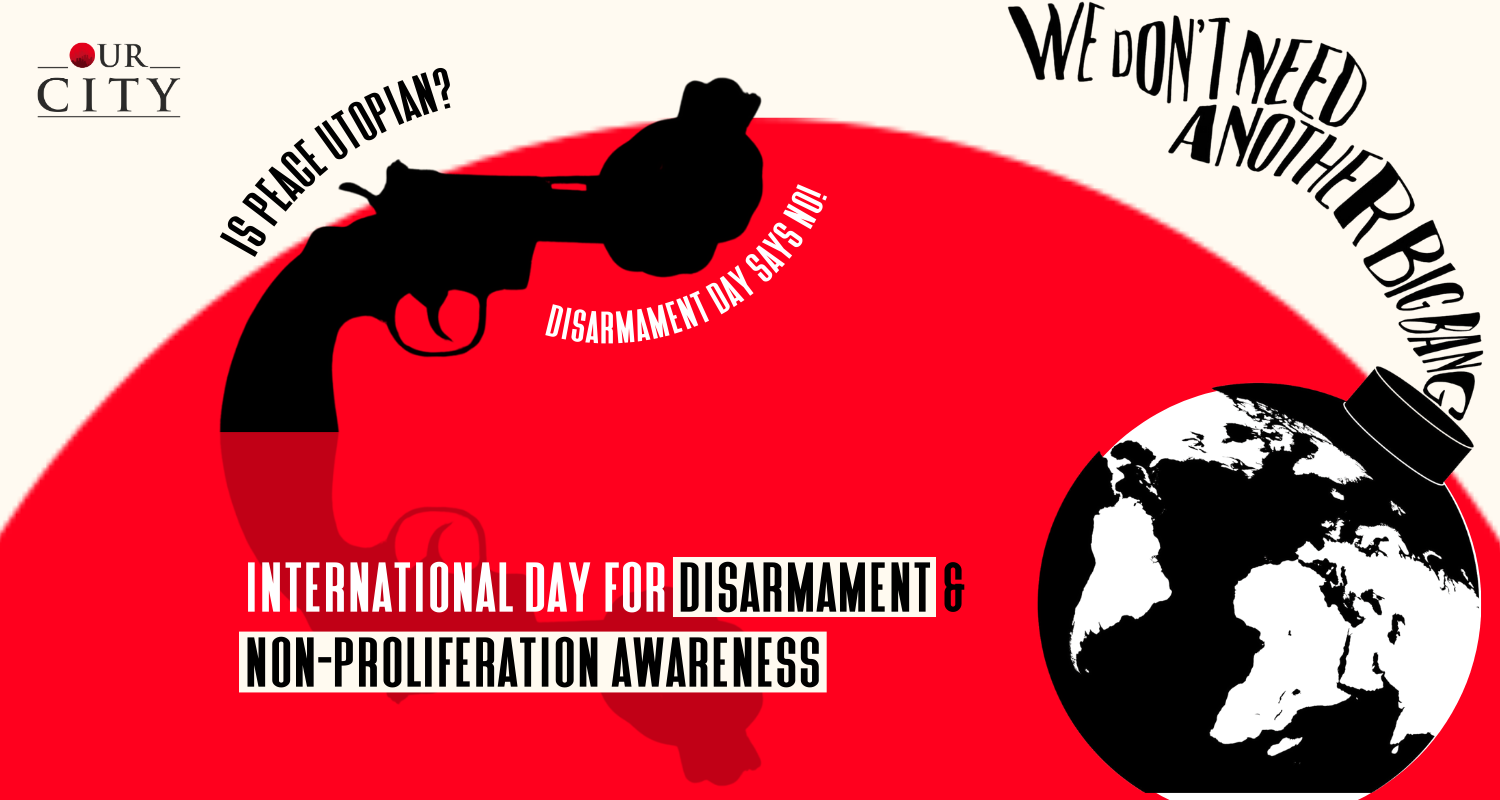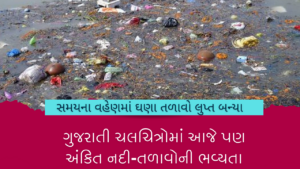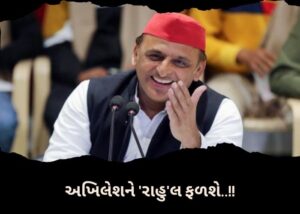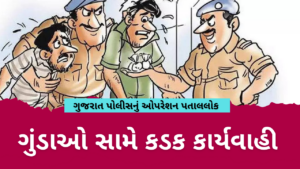Today, March 5th, marks the International Day for Disarmament and Non-Proliferation Awareness. This day serves as a critical reminder of the ongoing need for global disarmament and the devastating consequences of weapons of mass destruction.
The day’s significance lies in its focus on education and public mobilization. Efforts include raising awareness about the threats posed by weapons and advocating for a shift in global priorities. The day honors past disarmament efforts while tackling contemporary challenges like the ongoing arms race and rising military spending. These trends directly contradict the need to reduce nuclear arsenals and prevent armed conflicts.
Disarmament is a complex issue, but the need for action is undeniable. UN Human Rights Office experts have highlighted the dire human rights implications of nuclear testing, particularly in regions like the Marshall Islands. Their work emphasizes the importance of adhering to treaties like the Treaty on the Prohibition of Nuclear Weapons, a critical step towards a safer world.
This year’s observance is particularly significant, in light of the ongoing conflict in Gaza.
Pope Francis, a vocal proponent of “peace”, has urged for an immediate ceasefire. His message, echoing on this International Day, underscores the need for a shift from “a balance of fear to a balance of trust,” as per official reports.
While achieving global peace is a long-term goal, but not utopian (as it may seem) , International Day for Disarmament and Non-Proliferation Awareness offers a valuable opportunity for progress.
Izumi Nakamitsu, UN Under-Secretary-General of Disarmament Affairs, emphasizes this by stating, “We need a new vision for security, one based on cooperation, dialogue and a commitment to shared security.”
But we then ponder, what really is the new version of ‘Security’, as the idea of the term in itself is subjective, subject to prejudices; even by the proponents of peace.
Despite that, what can one do to help?
The youth play a critical role in raising awareness about disarmament and advocating for peace. Social media campaigns, educational events, and community outreach programs are all effective ways to engage others in this important discussion.
Let’s talk about India…an economically progressive and militarily capable state
India faces a unique challenge in balancing its defense needs with the global call for disarmament. India has a long history of advocating for multilateral disarmament forums and has consistently called for universal disarmament and non-proliferation. For instance, India’s voluntary moratorium on nuclear testing since 1998 demonstrates its commitment to disarmament efforts.
However, India’s role in the global arms trade and its development of nuclear weapons raise concerns. Moving forward, India can play a more significant role in disarmament by actively participating in international negotiations, promoting transparency in its military spending, and prioritizing peaceful conflict resolution strategies.
The observance of International Day for Disarmament and Non-Proliferation Awareness is a call to action for all nations, organizations, and individuals. By working together, we can create a safer, more peaceful world for generations to come.
Let us heed the words of UN Secretary-General António Guterres, who states, “Disarmament is not just about ending the use of weapons; it is about building a future where they are no longer needed.”












